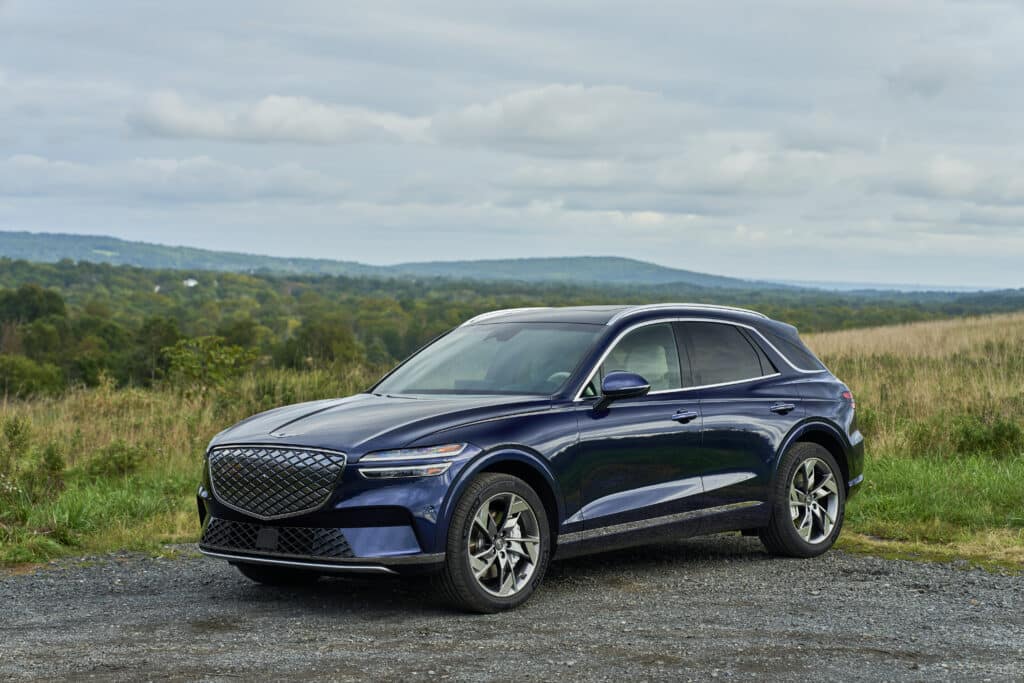Proposed New CA EV Tax Credit May Replace Federal Credit
California may give its EV buyers a tax credit up to $7,500 for the purchase or lease of a new plug-in hybrid, battery or fuel cell EV, if the federal EV tax credit is cut next year.
California Governor Gavin Newsom’s office indicated on Monday that Tesla’s electric vehicles might not qualify for the state’s new tax credits for electric vehicles (EVs) under a proposed plan if the incoming federal administration eliminates federal EV purchase tax credits. This proposal is part of California’s efforts to align EV incentives with specific policy goals, such as prioritizing affordability and accessibility for middle- and lower-income consumers.
The exact details of the proposed state tax credit and its eligibility criteria are still under development, but they may focus on vehicles priced below certain thresholds or manufactured with significant domestic content to incentivize local production and reduce costs. If federal tax credits for EV purchases are removed, it could further complicate the market dynamics and affordability for consumers.
This development underscores California’s commitment to advancing clean energy adoption while addressing equity concerns in EV accessibility, even as federal policies potentially shift under new leadership.

The actions of state policymakers highlight the challenges in balancing aggressive climate goals with equitable economic policies, especially as political shifts impact federal and state EV strategies.
California Governor Gavin Newsom responded to the potential elimination of federal EV tax credits under the Trump administration by proposing to revamp the state’s Clean Vehicle Rebate Program (CVRP). The original CVRP, which ended in 2023, allocated $1.49 billion to subsidize over 594,000 vehicles. Newsom’s new proposal aims to fill the gap left by a potential rollback of federal incentives while focusing on affordability and ensuring equitable access to EVs for a broader range of Californians.
“The governor’s proposal for ZEV rebates, and any potential market cap, is subject to negotiation with the legislature. Any potential market cap would be intended to foster market competition, innovation and to support new market entrants,” Governor Newsom’s office said.
California provided up to $7,500 for the purchase or lease of a new plug-in hybrid, battery or fuel cell EV and could possibly be paid for by the Greenhouse Gas Reduction Fund which is funded by polluters under California’s cap-and-trade program.
Veloz’s Q3 2024 California EV Market Report
The Veloz Q3 2024 California EV Market Report highlights the state’s remarkable progress in electric vehicle (EV) adoption, surpassing two million cumulative EVs sold. In the third quarter alone, 115,897 new EVs were sold, reflecting steady year-over-year growth and reaffirming California’s commitment to clean transportation. EVs accounted for 26.4% of new vehicle sales statewide, marking the second-highest market share to date. California also maintained its leadership in the national EV market, contributing 30.3% of all U.S. EV sales.
This sustained growth is driven by a combination of factors, including robust federal, state, and local incentives that reduce the cost of EV ownership. Investments in expanding charging infrastructure and collaborative efforts between automakers, policymakers, and non-governmental organizations have further accelerated adoption. As California continues to lead the transition to sustainable transportation, these developments underscore the state’s determination to make EVs more accessible and integrated into daily life.
Josh D Boone, Executive Director at Veloz, said, “With 30.3% of all U.S. EVs sold in California, the state is not only setting the pace but also investing in a more reliable and expansive charging network to meet the growing needs of EV drivers, ensuring an accessible and seamless EV experience for everyone.”

Electric Vehicle Marketing Consultant, Writer and Editor. Publisher EVinfo.net.
Services